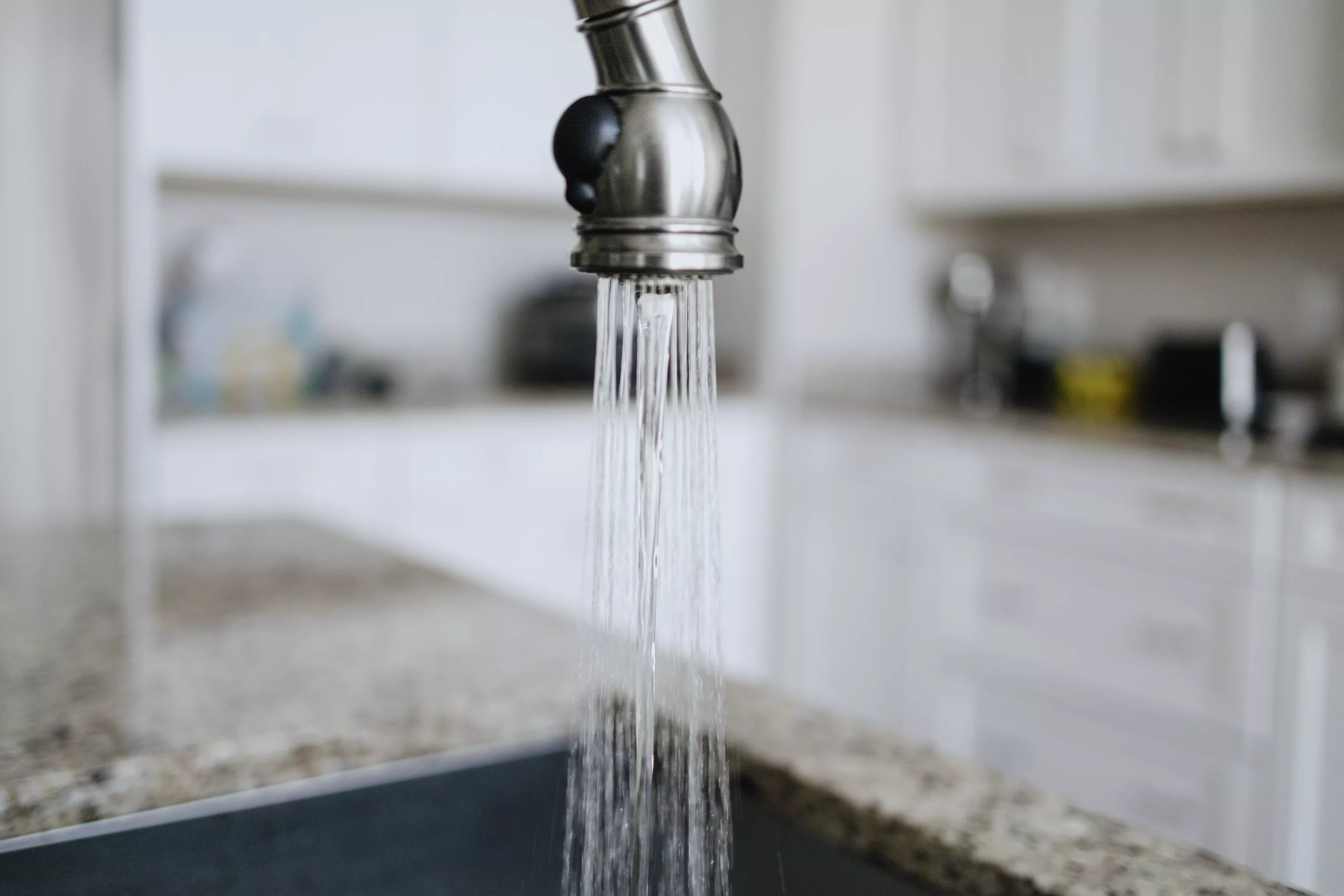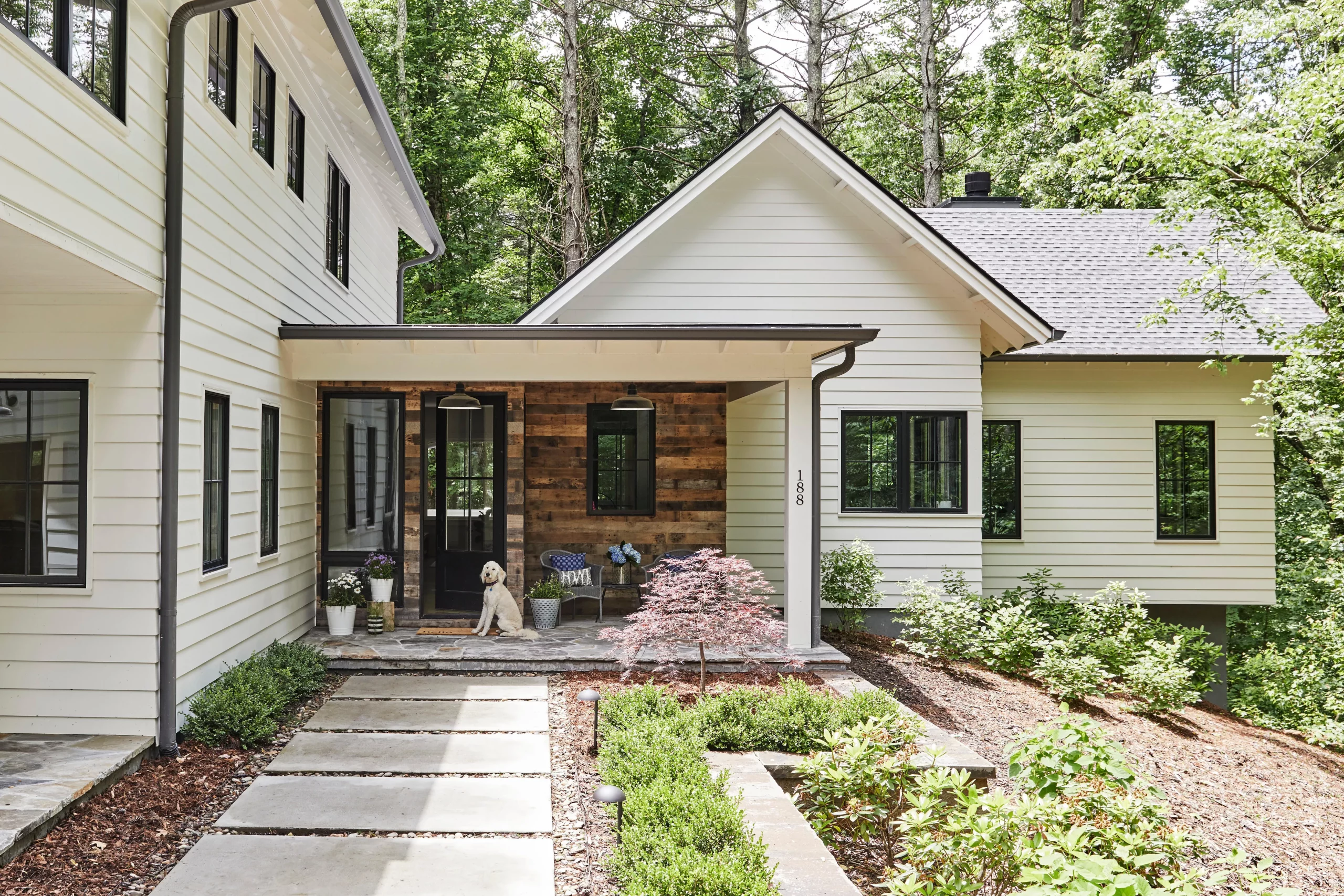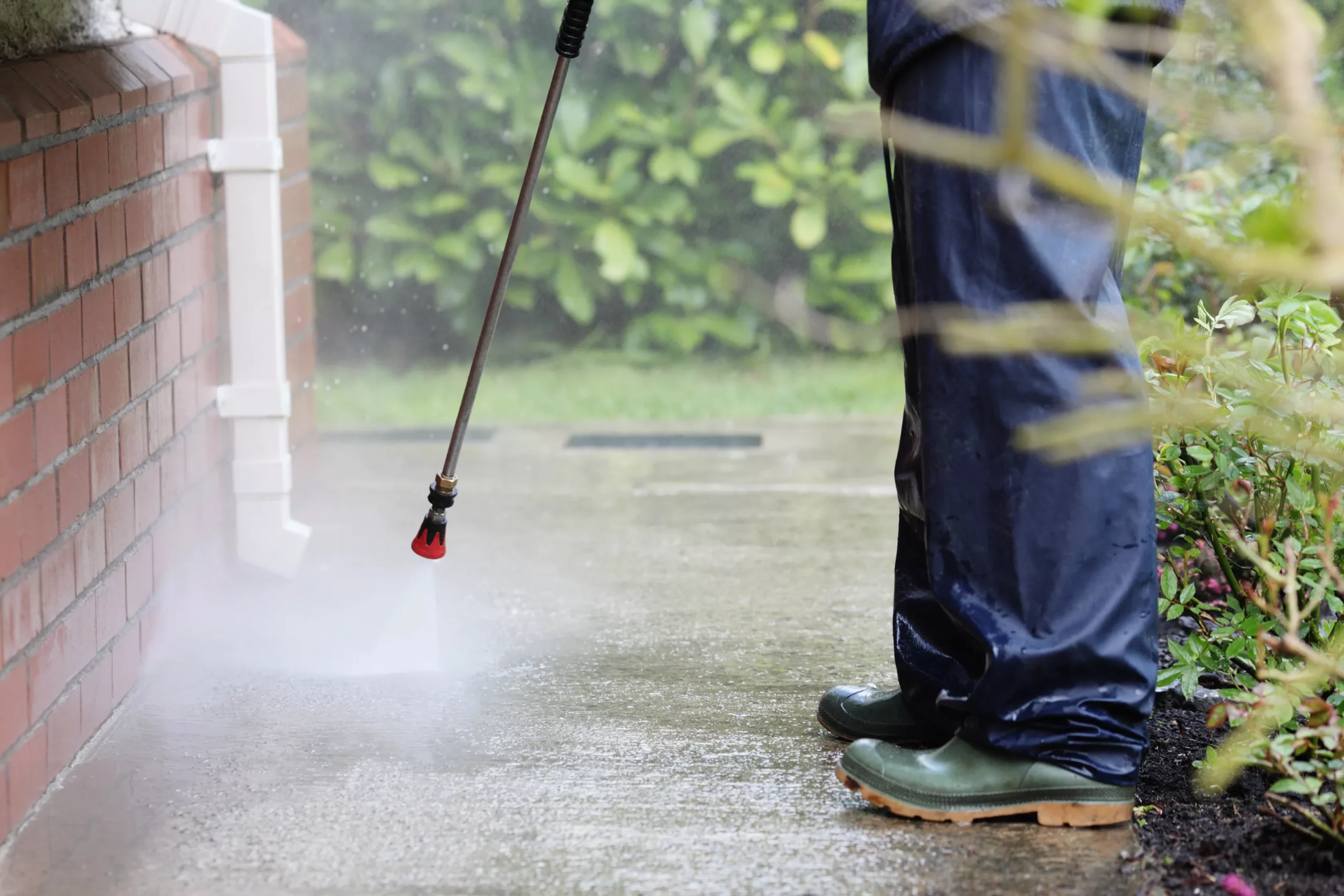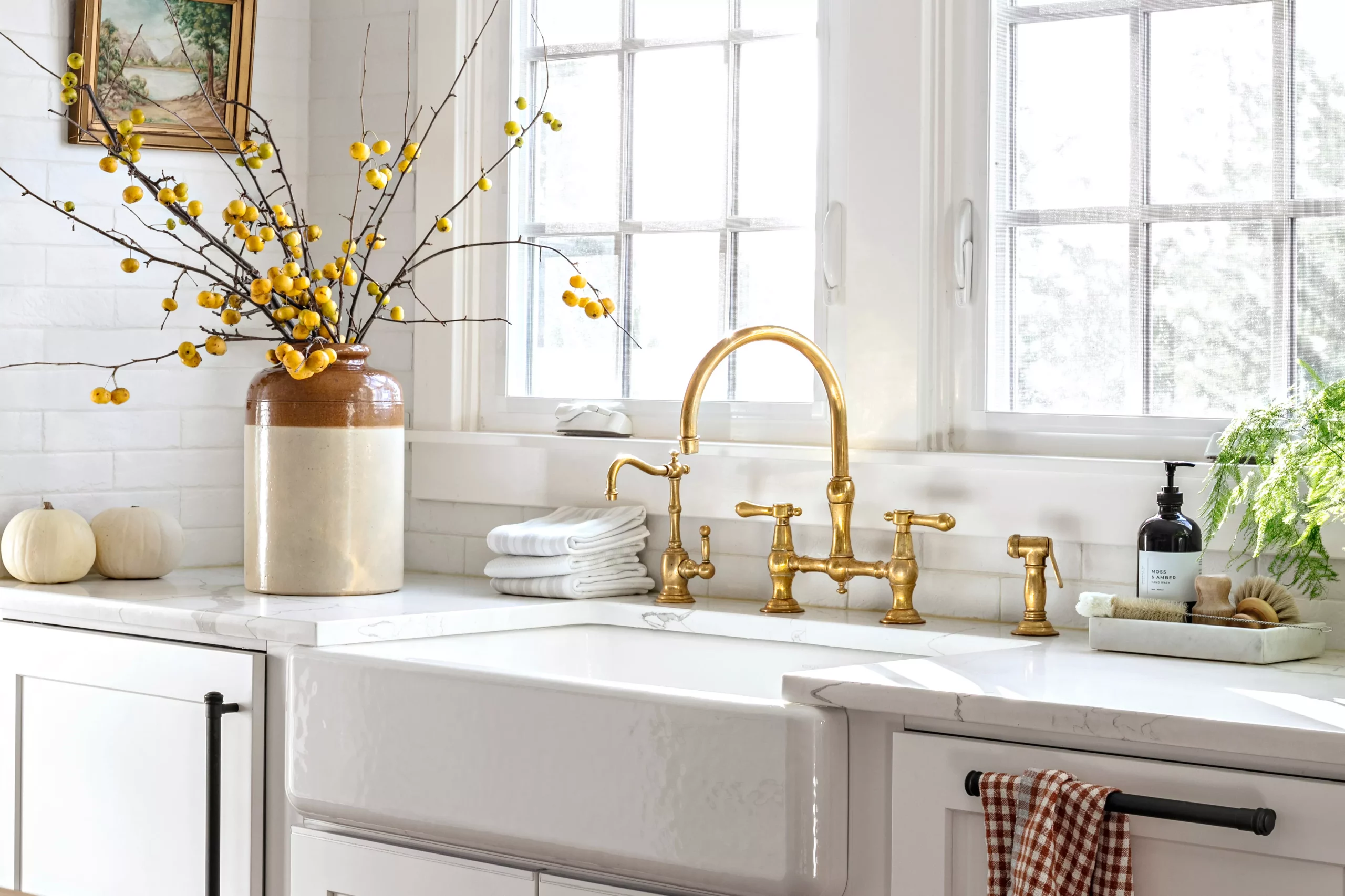Numerous homes suffer from difficult water as a result of a high concentration of minerals present, like iron, calcium, and magnesium. This excess leads to numerous plumbing and health problems, including mineral deposits on plumbing components, restricted water flow with pipelines, dry skin and hair, and too soon faded garments and various other washing things.
The good news is, tough water concerns are relatively simple to spot– you can even have a conclusive test done on your water to determine the precise mineral composition, allowing you to take action and take care of the concern quickly. Utilize this expert-approved guide to discover exactly how to determine if your home has hard water and 5 things you can do to repair it.
8 Signs Your Home Has Tough Water
If you regularly experience the adhering to indications, your home might have difficult water.
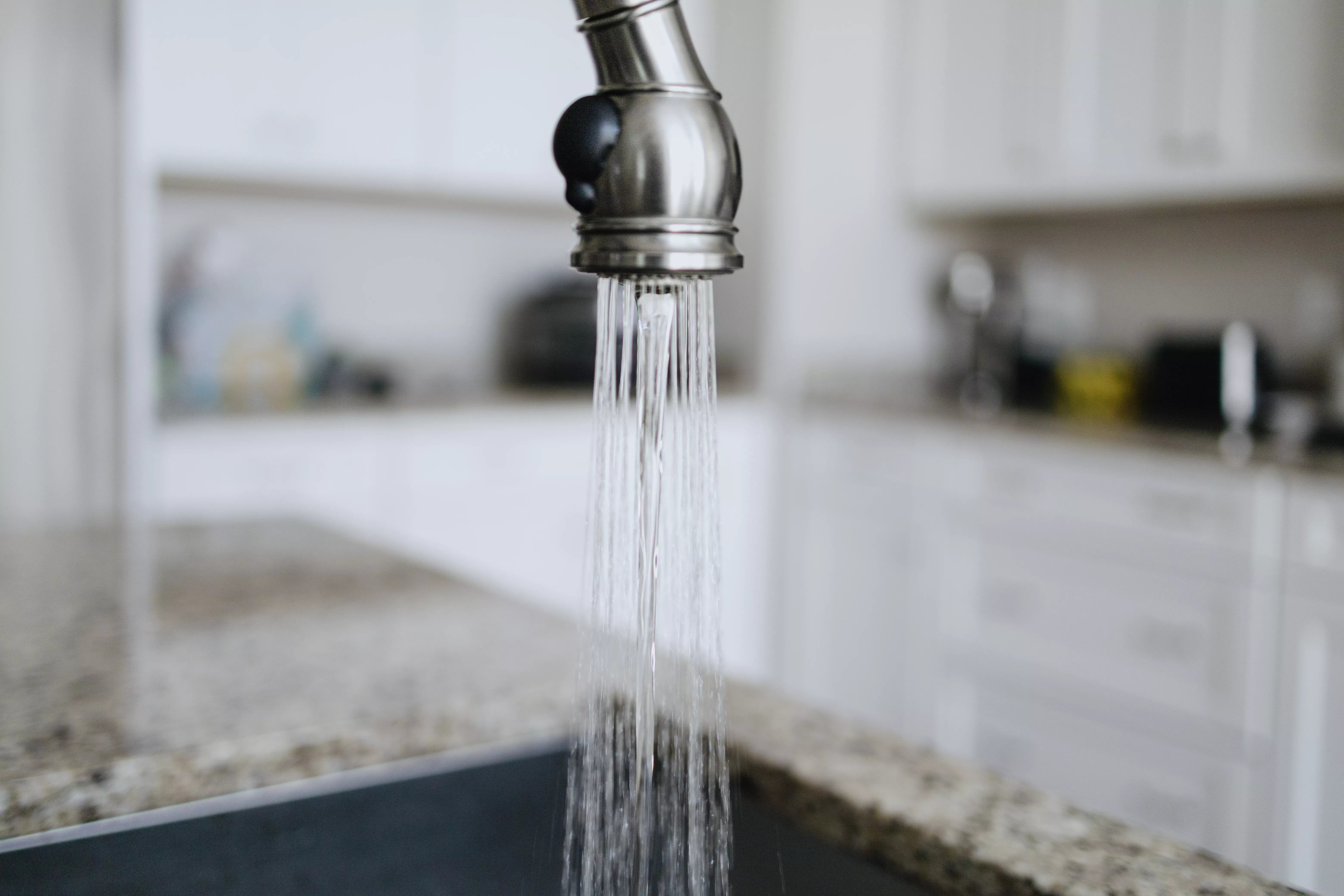
1. Noticeable Mineral Deposits
One of the most apparent signs a home has difficult water is a white or chalky residue that begins to create around showerheads, taps, and various other water-using appliances. “Normally, you will certainly see staining on surfaces where the water has dried out, normally extremely noticeable around tap aerators, coffee pots, clear glasses, and shower doors,” describes Nathan Hudelson, the proprietor and master plumbing professional at Schlueter Plumbing.
2. Soap Residue
One more indication that can suggest the home has hard water is soap residue accumulation inside water-using home appliances and on surfaces, like the bathtub, shower walls, or sinks. In a similar way, if you discover difficulty obtaining soap to soap properly, this might be as a result of the high focus of minerals in the water supply.
3. Skin and Hair Issues
Dry skin or hair every now and then may be as a result of reduced moisture in the home or a response to certain items. Nonetheless, if you observe that you frequently have completely dry, scratchy skin and boring hair, regardless of what you attempt, the issue may be triggered by tough water.
4. High Outcome on a Water Solidity Examination
Eventually, the best technique for figuring out if the home has hard water is to perform a water hardness test. “A water hardness test kit is the most exact means to tell how difficult the water is,” Hudelson says. “Anything over 17 ppm (parts per million) is considered somewhat difficult. In my experience, you start seeing more powerful signs of solidity when the results reveal 20-25 ppm.”
5. Washing Issues
Hard water doesn’t just affect your hair and skin; it can additionally negatively affect your clothes, towels, bed linens, and various other washing. The high focus of minerals in the water tends to cause laundry to really feel rigid after washing and could additionally contribute to early shade loss or fading. Washing clothing in hot water will enhance the results because of the mineral rainfall process.
6. Lowered Water Stress
The minerals in your water supply do not simply travel through your home’s pipes; they likewise cling to their inside, gradually reducing the size of the water line. If this occurs, you may observe that the water stress in certain locations or throughout the whole home reductions.
7. Water-Using Home Appliance Issues
When most individuals think of their home plumbing system, they usually link it with showerheads and taps, but there are a range of water-using devices, including dishwashing machines, garments washers, and some refrigerators, that can additionally be affected by difficult water. If you see that the water-using appliances in your home have a build-up of mineral deposits or that the efficiency of these home appliances has actually dropped, then it may be as a result of the home having hard water.
8. Raised Power Bills
Considering that tough water can reduce the water pressure in the home and decrease the efficiency of water-using home appliances, it makes sense that these deficiencies are shown in your energy expenses. A steady increase in your expenses accompanied by any one of the indicators above might imply the home has hard water problems.
5 Ways to Repair Hard Water
Try these techniques to settle any hard water problems you have experienced in your home. Contact a plumbing for expert suggestions if you’re uncertain how to move on.
1. Set Up a Water Conditioner
Water conditioners are designed to remove the minerals that make water hard, making these systems the clearest answer to any difficult water problems. “While there are lots of systems offered, a standard water conditioner that makes use of salt is the most effective means to soften water, in my point of view,” Hudelson says.
2. Use Showerhead and Tap Filters
If your home has mild tough water troubles, a fantastic way to decrease the impact of hard water is by installing showerhead and faucet filters. These filters will catch the excess minerals prior to the water moves right into the shower or sink. Remember that the filters have to be changed or cleaned up routinely.
3. Clean Plumbing Fixtures with Sodium Bicarbonate or Vinegar
Another great alternative for fixing moderate hard water problems is to clean plumbing components with cooking soft drink or vinegar. Baking soda has alkaline homes that allow it to function as a short-lived softening agent, while vinegar is effective for liquifying natural resource in showerheads and faucets. “To normally reduce the effects of difficult water, tidy locations that have range accumulation with vinegar,” Hudelson claims.
4. Lower the Water Heater Temperature
The temperature level of the water can influence hard water staining and mineral buildup. This results from the mineral precipitation procedure, which increases the rate at which range builds up from difficult water. Decrease the hot water heater’s temperature level to aid delay the price of scale accumulation. Flush the hot water heater regularly to remove any kind of sediment that has actually built up at the bottom of the device.
5. Include a Magnetic Water Conditioner
Like a water conditioner, a magnetic water conditioner controls the solidity of the water in the home. Nevertheless, rather than eliminating the minerals from the water, these devices make the minerals soluble in the water. This makes certain the minerals don’t cling to the inside of the pipelines or produce natural resources on the various pipes components throughout the home. It ought to be noted that magnetic water conditioners are not as effective as a full water softener, making them better for homes with light hard water issues.

